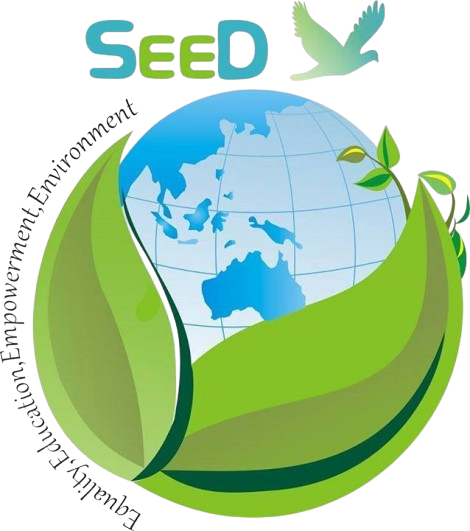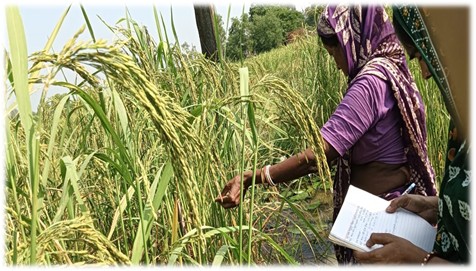






The Sundarbans region faced devastating agricultural losses following Cyclones Amphan (2020) and Yaas (2021), which destroyed roughly 70% of standing crops and rendered traditional paddy varieties unproductive due to saline intrusion. Over 40% of arable land became affected by salinity, causing a 30-40% decline in agricultural income and forcing many farmers into debt or migration. The timing of Cyclone Yaas during the pre-monsoon season meant farmers lost both standing crops and their ability to plant for subsequent seasons. Patharpratima block, classified as Very High Damage Risk Zone-B with probable maximum surge heights of 12-13 meters, represents one of the most cyclone-vulnerable areas in West Bengal. The regions geography of riverine islands separated by tidal channels makes communities physically isolated and extremely exposed to storm surges. Most families are smallholder farmers living at subsistence level, with over half depending on climate-sensitive agriculture as their primary livelihood. In response to this crisis, SEED launched a comprehensive climate-resilient agriculture initiative combining scientific expertise with community participation. The project established five community seed beds strategically located with fresh water access, producing sufficient saplings for 550 farmers through a decentralized system. Collaboration with the Rice Research Institute (Government of West Bengal) ensured access to scientifically tested salt-tolerant varieties including Luna Barial, Luna Subarna, BINA Dhan-8, BINA Dhan-10, and Jarva, specifically selected for Sundarbans soil conditions. The methodology integrated community ownership through local influencers, experienced farmers, and Self-Help Group members who became agents of change. Three climate-resilient seed banks were established in targeted Gram Panchayats, managed by local committees composed of womens self-help groups and farmer cooperatives. Each seed bank was stocked with surplus salt-tolerant paddy seeds and foundation seeds from the Rice Research Institute, with training provided on preservation techniques using sun-drying, airtight containers, and organic pest deterrents. A comprehensive capacity building program involved agricultural scientists from IIT Kharagpur, covering theoretical sessions on climate change impacts, practical training on salt-tolerant cultivation, and demonstration plots. Training modules addressed soil management in saline conditions, water management techniques, integrated pest management, and post-harvest processing, with special emphasis on integrating indigenous knowledge with modern climate-resilient practices. The projects "Community Participation for Community Benefit" philosophy enabled restoration of agricultural livelihoods while simultaneously establishing institutional mechanisms for future disaster preparedness. Partnerships with government agencies, local CBOs like Society for Durbachati Social Action & Transformation, and various Local Farmer Groups ensured technical credibility, resource support, and community ownership throughout implementation



Subscribe to the SEED Newsletter — and be part of the change!